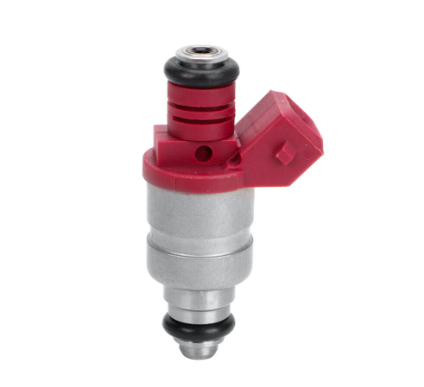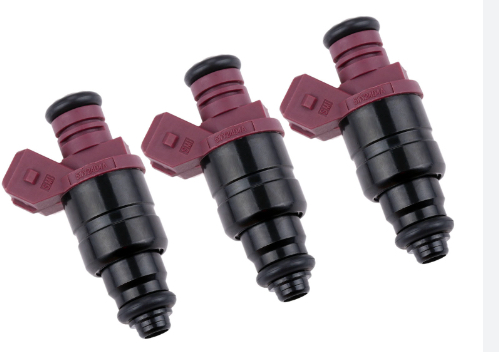John Deere Gator Fuel Injection problems can be challenging to troubleshoot and resolve. With the help of these tips and solutions, however, you can increase your vehicle's performance and reliability and get back to work quickly.
🎯Suggested article: John Deere Exactapply Problems
How to Resolve John Deere Gator Fuel Injection Problems Efficiently

Troubleshooting and resolving John Deere Gator Fuel Injection problems can be time-consuming and challenging. But with the correct information and solutions, you can quickly return to work and enjoy enhanced performance and reliability. This guide provides detailed advice on identifying, troubleshooting and resolving fuel injection issues efficiently.
| Step | Description |
|---|---|
| 1. | Verify the fuel pressure and check for any leaks. |
| 2. | Inspect the fuel injectors and replace any damaged parts. |
| 3. | Check the spark plugs, wires, and coils for any issues. |
| 4. | Inspect the air filter and clean or replace it as needed. |
| 5. | Check for any vacuum leaks in the intake system. |
| 6. | Clean the fuel injectors and replace the fuel filter. |
| 7. | Evaluate the fuel delivery system and adjust as needed. |
Faulty Fuel Cap
The first step to troubleshooting John Deere Gator Fuel Injection Problems is to check the fuel cap. If the fuel cap is loose or not properly closed, it can create a vacuum leak, resulting in poor engine performance. John Deere suggests replacing the fuel cap as a first step if you suspect a vacuum leak is the cause of the fuel injection issue.
Incorrect Pump Pressure
If the fuel cap is securely closed, the next step is to check the pump pressure. If the pump pressure is too low, it can affect the fuel injection rate, resulting in reduced engine performance. John Deere recommends adjusting the fuel pressure to the manufacturer's specifications if the pump pressure is too low.
🎯Suggested article: John Deere Auto Connect Deck Problems
Failed Fuel Injectors
If the fuel pressure is correct, the next step is to check the fuel injectors. If the fuel injectors are not functioning properly, they can cause misfires, resulting in poor engine performance. John Deere recommends replacing the faulty fuel injectors as soon as possible if they are found to be the cause of the fuel injection issue.
Takeaways for Resolving John Deere Gator Fuel Injection Problems
- Check the fuel cap for a vacuum leak.
- Verify the pump pressure and adjust as needed.
- Inspect the fuel injectors and replace them if necessary.
- Check the spark plugs, wires, and coils for any issues.
- Clean the air filter and replace it as needed.
- Inspect for any vacuum leaks in the intake system.
- Clean the fuel injectors and replace the fuel filter.
- Evaluate the fuel delivery system and adjust as needed.
Critical Takeaways for Resolving John Deere Gator Fuel Injection Problems
The John Deere Gator is a robust and reliable machine, but like all machines, it can experience its fair share of issues. Fuel injection problems are among the most common issues faced by Gator owners, but thankfully, most of them can be quickly identified and resolved with a few simple steps.
The first step is to check the fuel cap for a vacuum leak, verify the pump pressure and adjust as needed. If the fuel injectors are malfunctioning, inspect and replace them as soon as possible. It is also essential to check the spark plugs, wires, and coils; clean the air filter; check for vacuum leaks in the intake system; and clean and replace the fuel filter. Lastly, evaluate the fuel delivery system and adjust as needed.
By taking the time to troubleshoot and address fuel injection issues, Gator owners can ensure their machine stays in top condition and continues to perform optimally.
🚀Recommended article: John Deere Power Steering Problems
